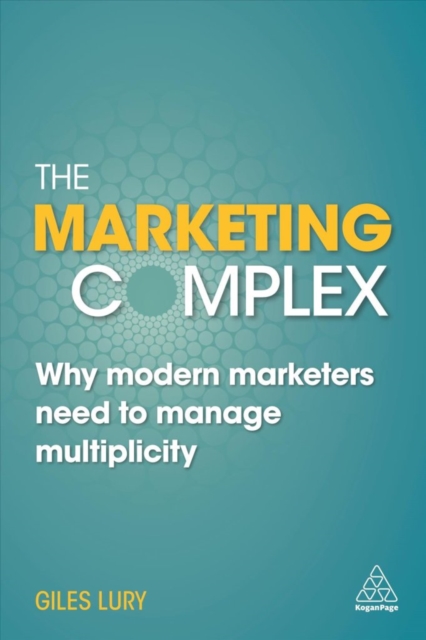CITESTE MAI MULT
Detalii
Descriere RO
Many marketers spend their days continually reducing brand positioning into single sentences to answer questions such as 'What is the brand message?' or 'What is the USP?' This tendency to perpetually condense and simplify is a carry-over from a long-gone era when products and services remained static, and changes in platforms happened much more slowly. Today, however, the reality is that brands are infinitely more complex, and span territories, consumer groups and categories. Therefore, to boil a branding message down into a single sentence or USP severely limits a brand's potential scope. After all, a brand is like a person, and a person could never be accurately described in a single sentence.
The Marketing Complex
examines the current obsession with over-simplification, and fearlessly challenges marketers to consider whether they are blurring the line between simplifying and simplistic. By exploring the origins and appeal of simplification through some of the best-known literature, the book conclusively proves that endless simplification actually only serves to limit a brand's appeal. By presenting a visionary new model, supported by examples, tools and expertly explained techniques,
The Marketing Complex
will enable marketers to recognise the important role that depth and multiplicity play in communicating a brand message, and to boldly embrace complexity when crafting their brands.
EdituraKogan Page Ltd
Dimensiuni159 x 234 x 11
Data Publicarii03/09/2017
Format
Necartonata
Numar pagini192
Aceasta este o carte in limba engleza. Descrierea cartii (tradusa din engleza cu Google Translate) este in limba romana din motive legale.
Multi comercianti isi petrec zilele reducand continuu pozitionarea marcii in propozitii unice pentru a raspunde la intrebari precum „Care este mesajul marcii?” sau „Ce este USP?” Aceasta tendinta de condensare si simplificare perpetua este o reportare dintr-o epoca demult apusa, cand produsele si serviciile au ramas statice, iar schimbarile in platforme au avut loc mult mai lent.

